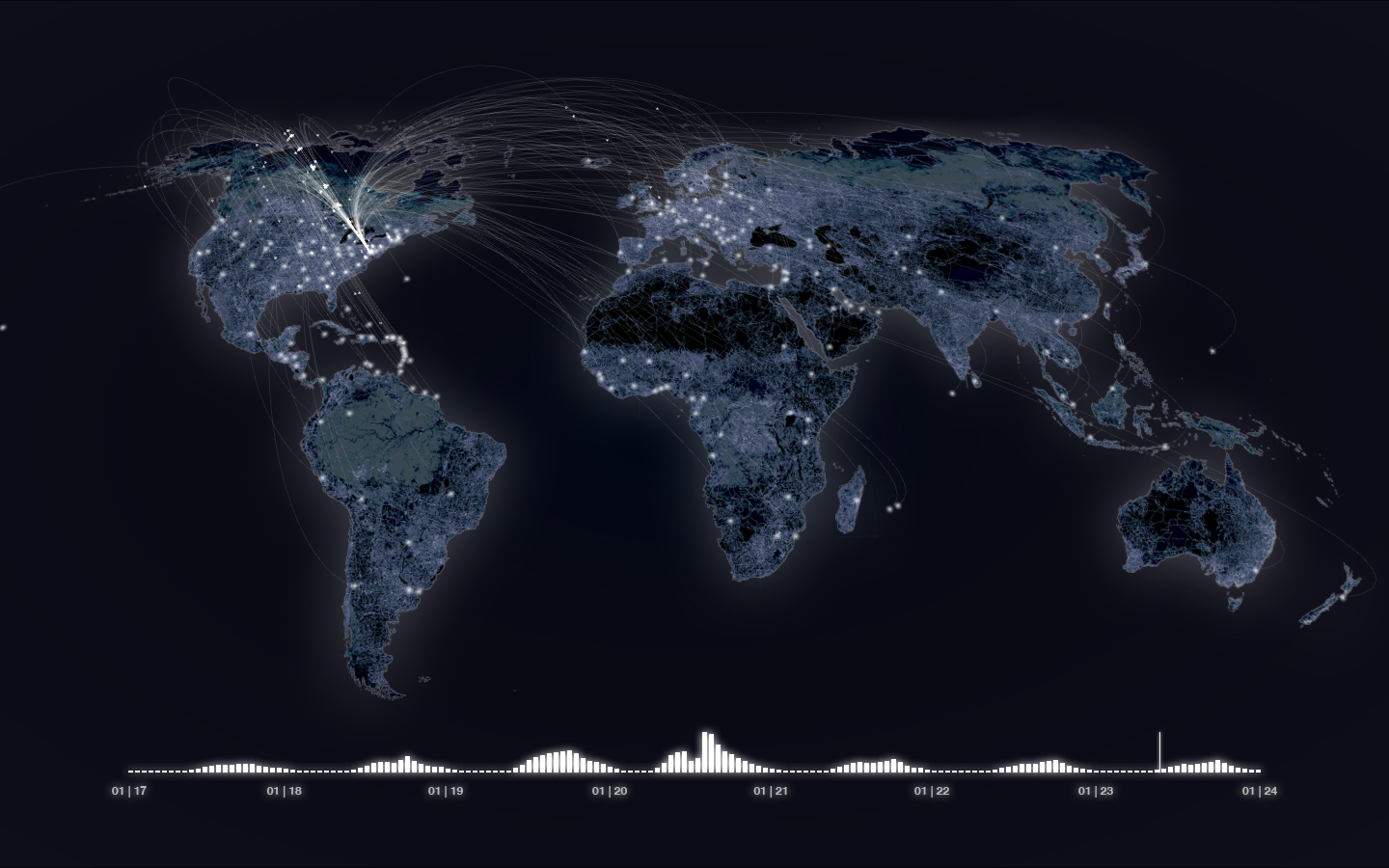Transparency is a foundational element of development—without it, the citizens of emerging economies cannot participate in keeping their governments and markets fair and accountable. Of course, governments and market participants are also entitled to a measure of privacy. The trick is in finding the balance, both in substantive law and in fact. In 2014-2015, LIDS Global is going to organize an international research effort to explore this balance.
LIDS Global, as was noted in this blog just a few weeks ago, is this organization’s effort to build partnerships with like-minded student groups all around the world. Our 2013-2014 pilot project was highly successful; LIDS Global coordinated teams from around the world as they explored the link between corruption and development. The finished work will be published later this month.
Building on this success, our 2014-2015 research will focus on the Freedom of Information and its role in development; specifically, how can citizens all around the world use Freedom of Information laws to deter corruption in government officials? In fact, our idea to explore this topic is partly a result of the 2013-2014 research: students from the Centre for the Study of Human Rights at the University of Colombo in Sri Lanka identified the Freedom of Information as a top development priority in the Asian region.
Here at Harvard, others were also focused on this key element. Professor Matthew Stephenson’s Global Anticorruption Blog published several posts that called for using the Freedom of Information to deter corruption on the “demand” side (meaning the government officials that demand bribes in the first place, as opposed to the “supply” of the businesses that pay for them).
One post, written by Argentine legal scholar Ignacio Boulin-Victoria (LLM ’14), provocatively proposed using Freedom of Information laws in developed countries to extract information about corrupt “demand-side” officials that could be used to shame or prosecute them in their home countries. The rationale here is simple: prosecuting agencies in the United States, for instance, come to possess information in the course of a corruption prosecution that could also be used to clean up government and markets in developing countries. Why not get that information to people who can use it, such as civil society and prosecutors in those developing countries?
Imagine, for instance, that the Department of Justice has successfully prosecuted a major multinational telecom company for bribes paid in several Eastern European nations. The telecom company has already settled with the DOJ and paid its fine; presumably it and its peers are now deterred from making future bribes in those countries. But what happened to the corrupt officials that demanded the bribes in the first place? Oftentimes, nothing happens to them—they simply continue demanding bribes until another MNC pays them.
Why aren’t the corrupt officials punished for their actions? Mr. Boulin-Victoria believes that one big reason is that, even though the DOJ may pass information off to the prosecuting agency in the “demand-side” country, there is simply not enough pressure on that agency to bring a case against government officials in its own country. Mr. Boulin-Victoria argues that, if only civil society in that country were empowered with the same information that the DOJ has, then the citizens of that country could be empowered to hold their own government officials accountable—and their prosecutors.
If a lack of information to civil society in the “demand-side” country is the problem, then civil society in developed nations can help by extracting the key information and then simply passing it off to their foreign counterparts. Seems simple, right?
As Mr. Boulin-Victoria and others on the Global Anticorruption Blog acknowledge, however, this plan is not without potential flaws. Most obviously, if prosecutors in a “demand-side” country do not respond to public pressure, or if public pressure does not materialize, then nothing new will come of this plan. For instance, using the example of the DOJ’s prosecution of an telecom-MNC in Eastern Europe, it is not immediately obvious that passing information about corrupt officials to civil society in those countries will actually yield high-level prosecutions—citizens in those countries may already be aware that their government officials are corrupt, journalists and private attorneys may be easily intimidated by defamation laws, and prosecutors may be completely captured in any case. Another problem: what if the DOJ doesn’t give up the information, citing an exception to the Freedom of Information Act?
LIDS Global, now coming into its second year, is perfectly suited to explore this proposal. Our network of student groups in several nations around the world enables us to understand legal and social conditions “on the ground.” Here in the U.S., our LIDS Global team will research Freedom of Information Act implications of this plan, and potentially develop a “tool-kit” for U.S. attorneys to use if they actually wanted to test this plan out.
It’s going to be an exciting year for LIDS Global and its partners!




